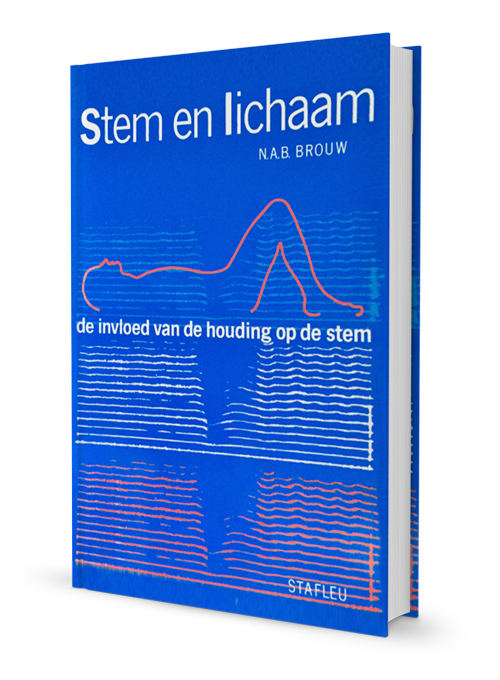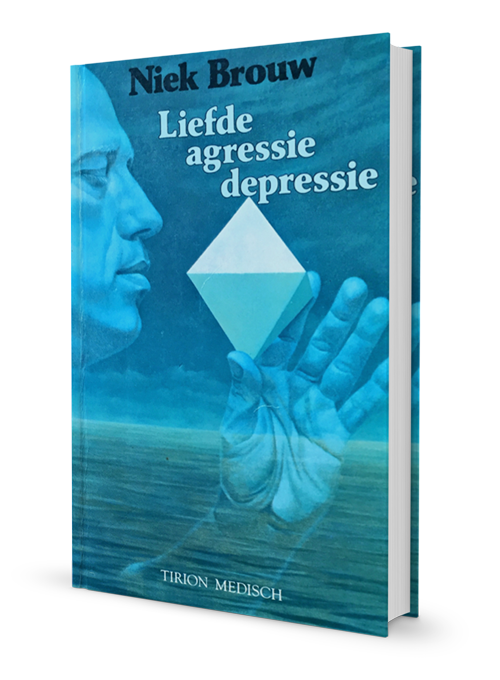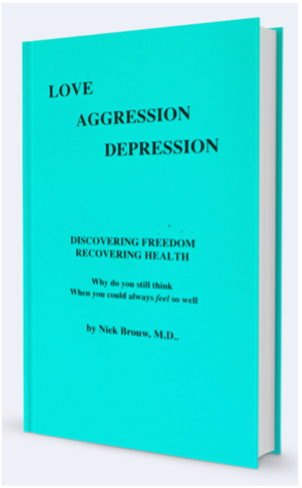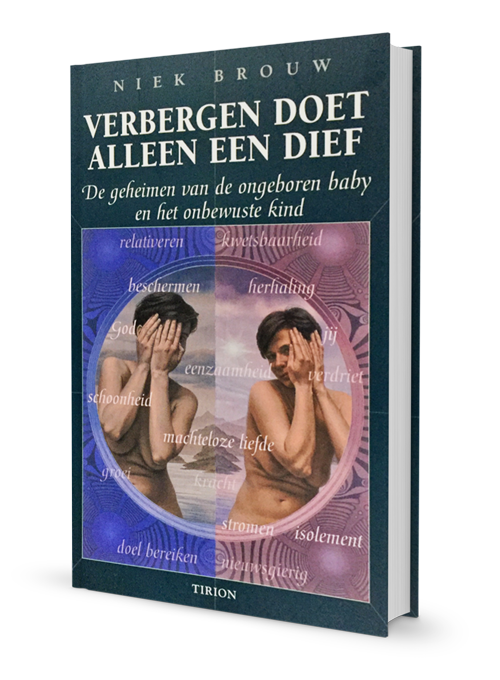Biography Niek Brouw
Niek (Nicolaas Adriaan Bernard) Brouw, born in 1943, has been a doctor for over 50 years.
He studied medicine at the University of Leiden (from 1963-1971). In addition to this course, he also attended lectures in ethnology, art history and world religions.
During his studies, Niek worked at the laboratory for Cell Biology and Experimental Histology in Leiden, where he conducted research into the influence of radiation sickness on human bones. He worked there for 7 years.
He started to work at the Blood Bank in 1970, where he stayed until 1988. From 1971 to 1988 he was Head of Donor Affairs, during which time he also worked as a medical examiner for the staff of the Rode Kruis hospital in The Hague.
In 1982 he ended up in the AIDS Committee of The Hague due to his work for the Blood Bank.
In addition, and from 1971, Niek worked as a doctor at the GAK (the executive organisation for employee benefits, now the Institute for Employee Benefit Schemes (UWV)), and as a locum for a number of general practices in The Hague.
During this period, from 1970 onwards in his work as a doctor, medical examiner and locum in various general practices, he began to notice that people regularly returned with the same complaints.
During all his years as a doctor, his research focused on finding ways to solve patients’ complaints entirely. This resulted in his Motor Skills Development Method.
In 1972 he came into contact with Maria Sickesz and further developed his practice to become an orthomanual doctor (1976). Orthomanual medicine (now known as musculoskeletal health) focuses on manipulating the pelvis and the spine.
He attended Godelieve Struyf-Denis’ Chaines Musculaires course in 1973. In 1974, he and Godelieve taught a course in Brussels (Belgium), in which Niek discussed the Sickesz method and the connection between the physical and the psyche in combination with Godelieve’s theory.
Through 1974 and 1975, he conducted research for the GAK on neuroses in immigrant workers.
In 1976, Niek started his practice as an orthomanual (MSK) doctor, first from home, later from the Soendastraat in The Hague. At that time, he treated a French singer who was suffering from Scheuermann’s disease (a backward deformity of the spine at chest level) for two days. This disease had greatly affected the quality of his voice.
After those two days, the quality of his voice had greatly improved, even though his voice had not improved for two years. This remarkable finding was passed on by his singing teacher to the then Ministry of Welfare, Public Health and Culture in the Netherlands.
This resulted in a request from the Ministry to study “the influence of posture on the voice”. That research took place between 1978 and 1983 on singers at the Antwerp Conservatory (Belgium). This may have been a PhD research project that, due to circumstances, did not lead to a doctorate.
The research and its results were published in 1983 in Stem en Lichaam (Voice and Body) by the scientific publisher Stafleu.

In 1978, Niek started teaching courses to doctors, physiotherapists, speech therapists, dentists and so on.

He wrote his second book Liefde, Agressie, Depressie (Love, Aggression, Depression) in the early 1980s, which was published in 1985 by Tirion Medisch and has since been translated and published in seven other languages.
Around this time, Niek met Elinor Detiger who has a large global network. That is how he ended up in the United States, where he worked behind the scenes at the United Nations. During this time, he met people like the Dalai Lama, Jean Houston and Elisabeth Kübler-Ross, a psychiatrist from Switzerland who in fact invented the concept of the hospice.
The English translation of the second book, Love, Aggression, Depression, was published in 1993.
From 1990 to 2002, Niek gave a series of 29 lectures at the Davidshuis in Rotterdam, all of which were released on audiocassette (only in Dutch). On this page you can see which lectures are now available on CD or MP3.

His practice grew rapidly, and he eventually employed around 16 people. Niek also trained various therapists in the Netherlands on his Motor Skills Development Method. By then he had become a well-known figure in the Netherlands. In addition to many positive reactions, this also resulted in some opposition; his ideas were way ahead of their time.
The relationship with the United States has grown since the 1990s. Niek received a coveted green card (work permit) and trained various therapists. He regularly travelled to New York, Boston, Los Angeles, San Diego and San Francisco to teach courses and treat patients.
In the same period, he trained therapists in Australia and a number of European countries, including Greece, Germany and Switzerland, in his Motor Skills Development Method.
In addition to treating patients, he has (every year since 1991) given dozens of lectures and courses.
In 1999, his practice Praktijk N.A.B. Brouw in The Hague moved. Some of the therapists continue to work independently at this location as a Practice for Preventive Medicine (PPG; now Vitaal.nl).
Niek currently works as a coach and a consultant to the Vitaal.nl therapists.
He also assists therapists abroad, including in Athens, San Francisco, Zurich and Oslo.
In 2000, Niek published his third book Verbergen doet alleen een dief (Only a thief hides).
In 2015, the Stichting Onderzoek Methode Niek Brouw was founded, now the Stichting Ontwikkelingsmotoriek Niek Brouw (the Niek Brouw Foundation for Motor Skills Development), with the aim of spreading Niek Brouw’s ideas more widely.

It is becoming increasingly clear that Niek’s ideas, which were far ahead of their time, are now also being noticed by others. These ideas include the influence of the period in the womb on postnatal human functioning, the need to tailor treatment programs to the unique individual and the importance of human cell memory.


